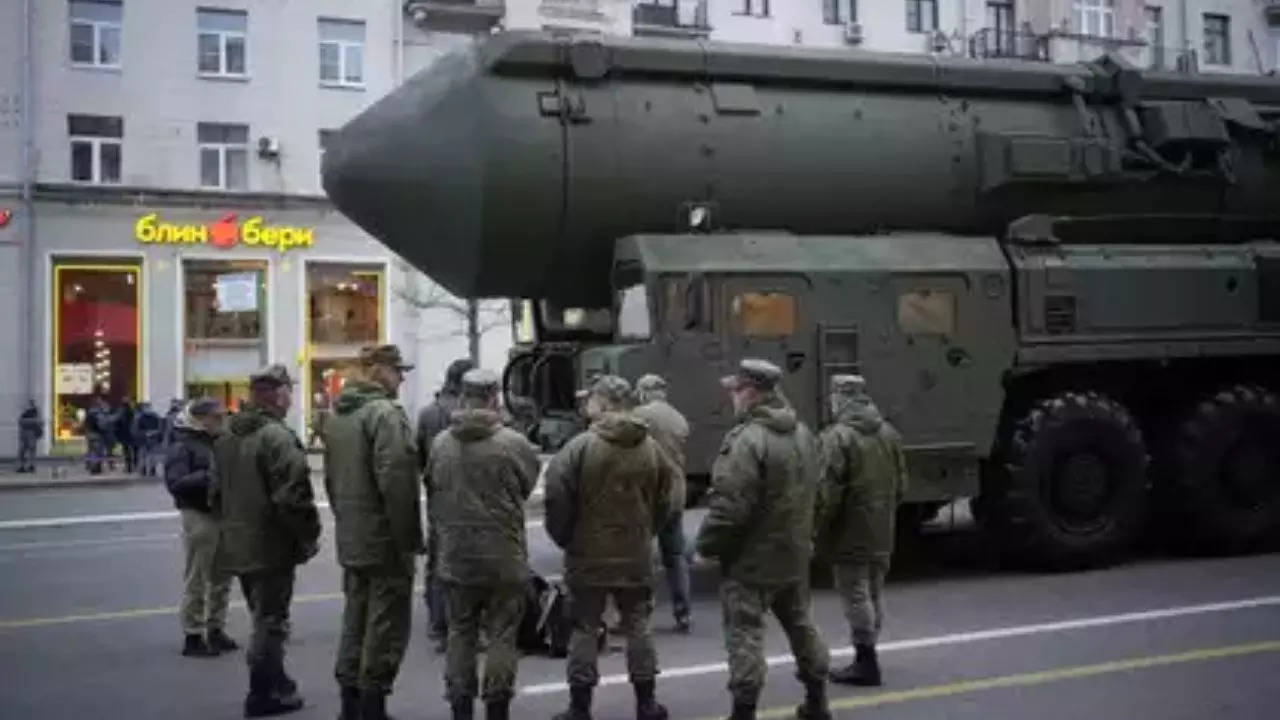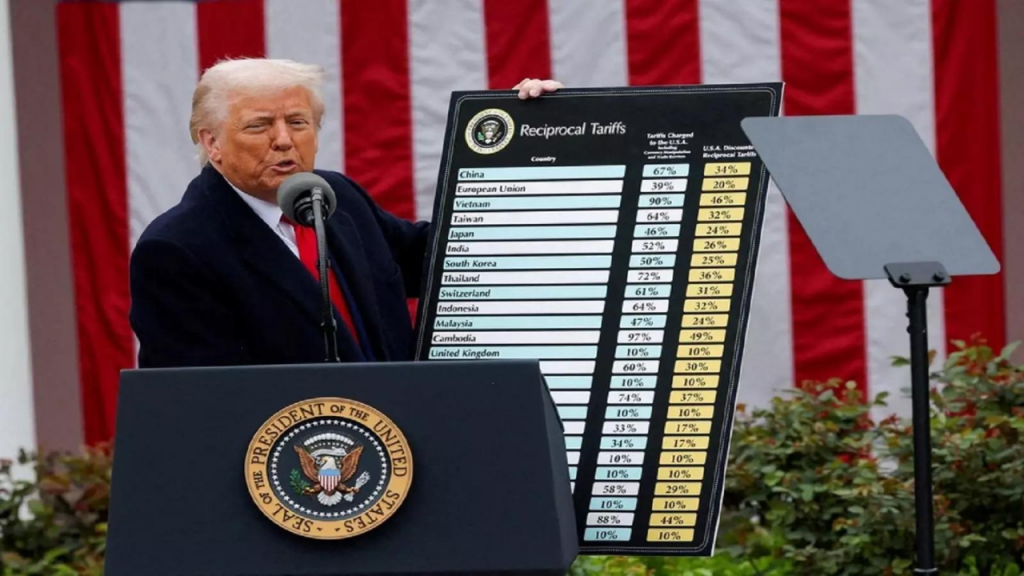After the dissolution of the Soviet Union, Ukraine acquired a substantial nuclear arsenal. However, due to economic challenges and geopolitical concerns, Ukraine made the decision to dismantle its nuclear weapons. The 1994 Budapest Memorandum provided assurances of security, but these guarantees were called into question when Russia annexed Crimea and backed separatist movements in Ukraine. The current conflict between Russia and Ukraine underscores the security vulnerabilities faced by Ukraine in the absence of nuclear deterrence. The significance of Ukraine’s nuclear disarmament and the subsequent events serve as a cautionary tale for nations considering similar actions. The ongoing tensions in the region highlight the complex geopolitical landscape and the importance of reliable security agreements. This situation also raises questions about the effectiveness of international agreements in ensuring the protection of sovereign nations. The repercussions of Ukraine’s nuclear disarmament continue to reverberate, shaping global perceptions of security and stability. As Ukraine navigates these challenges, the world watches closely to see how the situation unfolds and the implications it may have on future disarmament efforts and international relations.

Posted in
JUST IN
Ukraine’s Decision to Give Up Nuclear Weapons Exposes Vulnerabilities Amid Russia Conflict: Analysis
In Trend

“Indian government launches digital health ID for citizens to streamline healthcare access and services”





















